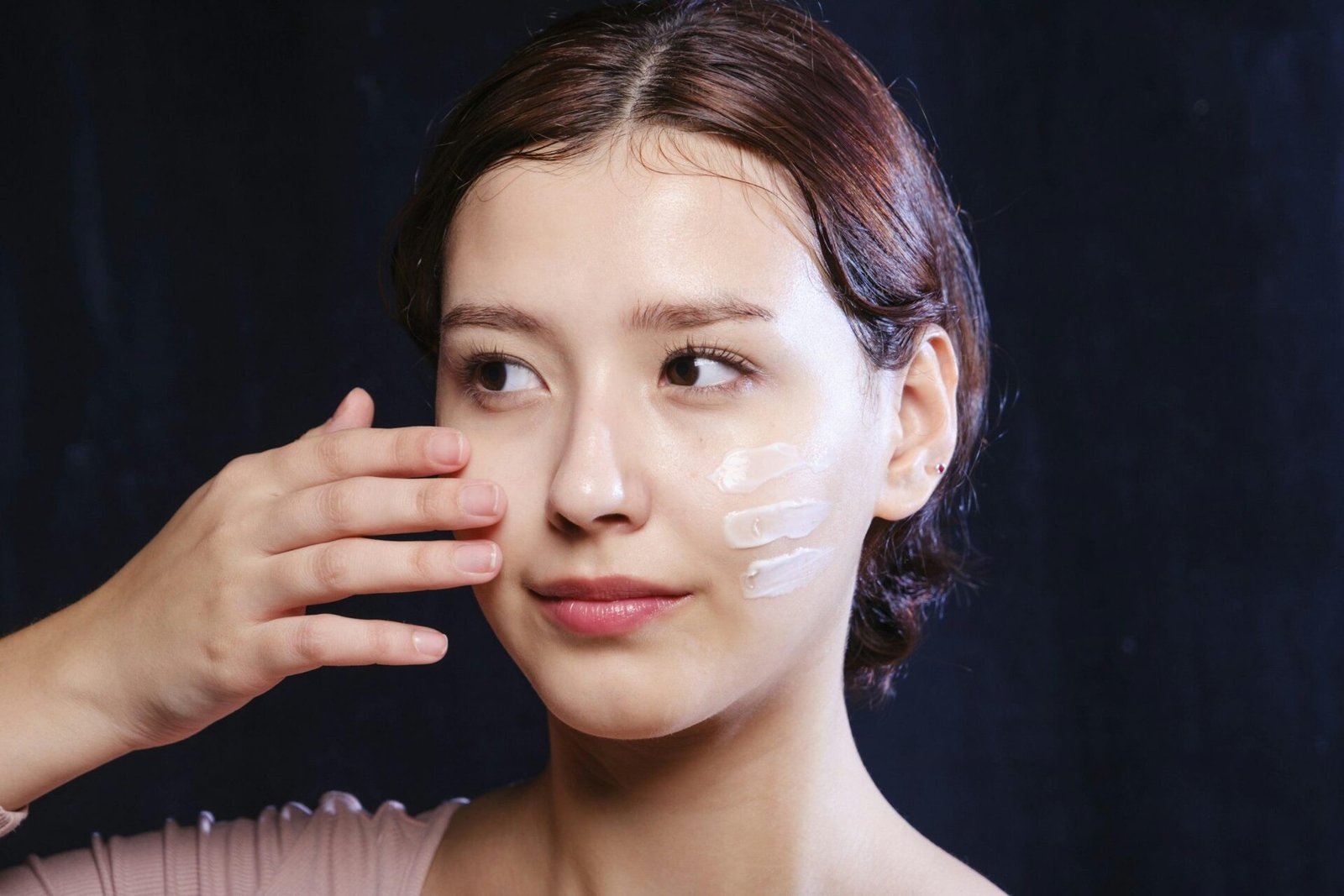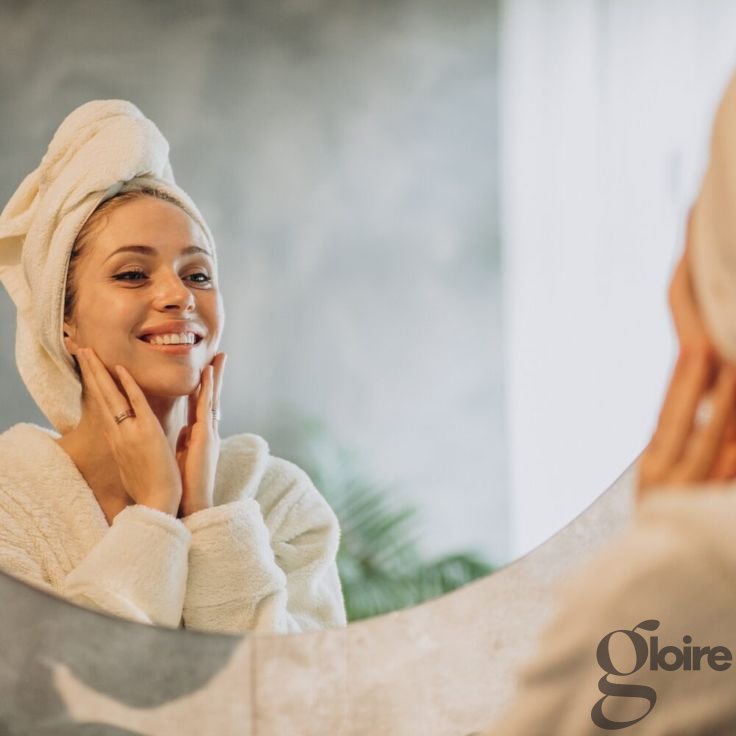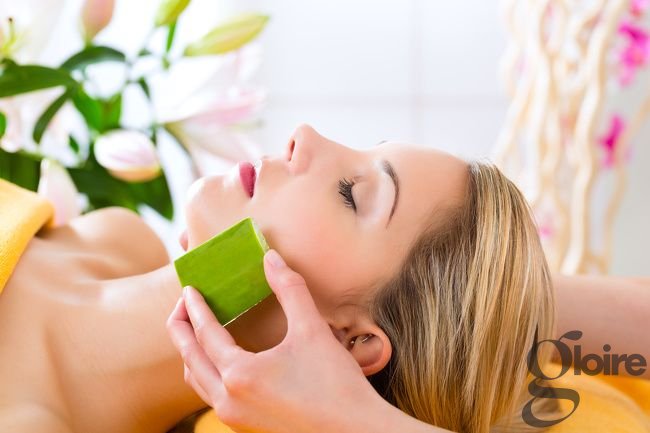Tanning is a common concern, especially in regions with intense sun exposure. Whether it’s a beach vacation, daily commuting, or outdoor activities, prolonged exposure to the sun can lead to tanning, leaving your skin tone uneven and dull. This guide provides comprehensive insights into how to remove tanning effectively using natural remedies, skincare routines, and professional treatments.
What Causes Skin Tanning?
Skin tanning occurs due to the production of melanin, the pigment responsible for your skin color. When exposed to ultraviolet (UV) rays from the sun, your body increases melanin production to protect the skin from damage. Over time, this can result in a visible darkening of the skin.
Understanding Tanning Types
- Sun Tanning: Caused by prolonged sun exposure.
- Artificial Tanning: Results from tanning beds or artificial UV light sources.
- Gradual Tanning: Occurs over time with cumulative exposure to UV rays.
Natural Methods to Remove Tanning
If you prefer natural solutions, several remedies can help lighten tanned skin. These methods are safe, cost-effective, and easy to implement.
1. Lemon and Honey Mask
Lemon’s natural bleaching properties combined with honey’s moisturizing effect make this mask a powerful de-tanning remedy.
- Mix 2 tablespoons of lemon juice with 1 tablespoon of honey.
- Apply to the affected area.
- Leave it on for 15 minutes before rinsing with warm water.
2. Yogurt and Turmeric Pack
Yogurt contains lactic acid, which gently exfoliates the skin, while turmeric brightens the complexion.
- Mix 3 tablespoons of yogurt with a pinch of turmeric.
- Apply evenly to your face and arms.
- Wash off after 20 minutes.
3. Aloe Vera Gel
Aloe vera soothes sunburned skin and reduces pigmentation.
- Apply fresh aloe vera gel directly to the tanned areas before bedtime.
- Wash it off in the morning for hydrated and de-tanned skin.
Professional Treatments for Tanning Removal
If natural remedies don’t provide the desired results, professional treatments can deliver faster and more effective outcomes.
1. Chemical Peels
Chemical peels use acids like glycolic or salicylic acid to exfoliate the top layers of skin, reducing tan and pigmentation.
- Benefits: Quick results, smoother skin.
- Cost: Moderate to high, depending on the clinic.
2. Laser Skin Resurfacing
Laser treatments target melanin deposits, breaking them down to reveal brighter skin.
- Benefits: Long-lasting results.
- Drawback: Requires multiple sessions.
3. Microdermabrasion
This exfoliation technique removes dead skin cells, helping reduce tan and even out the skin tone.
- Benefits: Painless and effective.
- Cost: Affordable compared to laser treatments.
Tanning Removal Tips for Different Skin Types
- Oily Skin: Use lemon juice and multani mitti (fuller’s earth) masks.
- Dry Skin: Opt for hydrating packs like honey and milk cream.
- Combination Skin: Balance oiliness and dryness with cucumber and rose water packs.
Prevention Tips to Avoid Tanning
- Apply Sunscreen: Choose broad-spectrum sunscreen with SPF 30 or higher.
- Protective Clothing: Wear hats, sunglasses, and long-sleeved clothes.
- Avoid Peak Hours: Minimize sun exposure between 10 a.m. and 4 p.m.
- Reapply Sunscreen: Reapply every two hours, especially if sweating or swimming.
De-Tanning Guide for Different Seasons
Summer Tips:
- Use cooling ingredients like cucumber and mint.
- Stay hydrated to maintain skin elasticity.
Winter Tips:
- Moisturize regularly to combat dryness.
- Use almond oil and milk masks for nourishment.
Products for Effective Tanning Removal
- Sunscreen: Neutrogena Ultra Sheer Dry-Touch Sunscreen SPF 50.
- De-Tan Face Wash: Himalaya Tan Removal Orange Face Wash.
- Exfoliators: St. Ives Radiant Skin Scrub.
- Face Packs: VLCC Clear Tan Fruit Face Pack.
Lifestyle Changes for Long-Term Skin Care
- Healthy Diet: Include fruits rich in vitamin C like oranges and strawberries.
- Hydration: Drink at least 8 glasses of water daily.
- Regular Skincare Routine: Cleanse, tone, and moisturize daily.
Hyperlinks to Related Guides
- Learn about skincare routines for oily skin.
- Explore bridal makeup packages.
- Discover effective ways to repair a damaged skin barrier.
- Understand the benefits of Brazilian wax.
FAQs on Tanning Removal
1. How long does it take to remove tanning naturally?
Natural remedies can take 2-4 weeks of consistent use to show visible results.
2. Can tanning be permanently removed?
While tanning can be significantly reduced, consistent skincare and sun protection are essential to prevent recurrence.
3. Is sunscreen enough to prevent tanning?
Sunscreen helps but should be complemented with protective clothing and limited sun exposure.
Conclusion
Removing tanning requires a combination of natural remedies, preventive measures, and, in some cases, professional treatments. By adopting these tanning removal tips, you can restore your skin’s natural glow and maintain an even tone. For more skincare tips, explore Gloire’s comprehensive guides.








